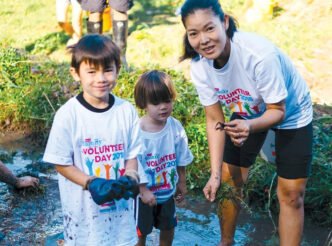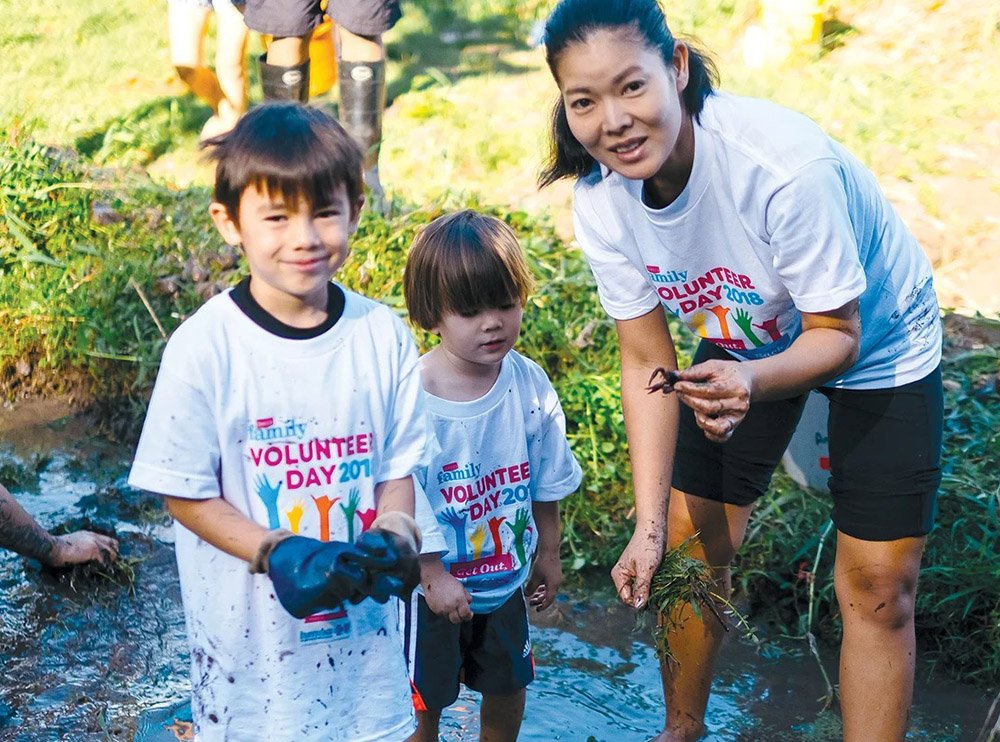Hawaii is known as paradise for its beautiful scenery, rich culture, and dynamic ecosystems. Under its picturesque veneer are mounting issues that endanger the islands’ natural beauty and cultural heritage. Hawaii’s sensitive ecosystem and distinct cultural identity are threatened by climate change, tourism, and urbanisation. Hawaii residents and visitors are increasingly volunteering to preserve these gems.
Hawaii’s Environmental Challenges: A Call to Action
Hawaii is a biodiversity hotspot, home to unique species and ecosystems found nowhere else on Earth. However, invasive species, over-tourism, and environmental degradation are taking a toll on the islands’ natural habitats. The coral reefs, for instance, which play a crucial role in protecting the coastline, have been severely impacted by human activity. Pollution, climate change, and overfishing threaten the delicate marine life that relies on these ecosystems.
Volunteering offers an opportunity for individuals to make a tangible difference. Various initiatives, such as coral reef restoration projects and invasive species removal programs, aim to restore the health of Hawaii’s natural environment. Organizations like Sustainable Coastlines Hawaii and the Pacific Whale Foundation have created avenues for both locals and visitors to contribute their time and skills toward these critical efforts. By engaging in beach cleanups, coral planting, and native plant restoration, volunteers are directly addressing the environmental threats that Hawaii faces.
One of the most pressing environmental challenges is the removal of invasive species. Non-native plants and animals often outcompete local species, leading to the destruction of native habitats. Volunteers working alongside local organizations help combat this issue by participating in removal efforts, ensuring that Hawaii’s unique biodiversity is preserved for future generations.
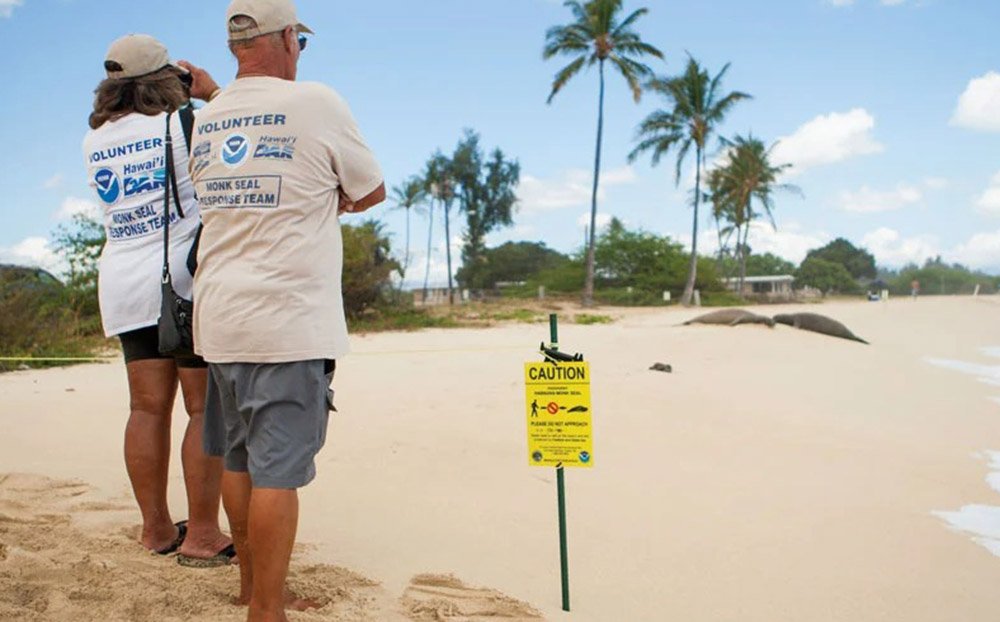
Sustainable Tourism: Giving Back to the Islands
Hawaii’s economy relies on tourism, but its rise has cost. Visitor numbers can strain the islands’ infrastructure, resources, and environment. Tourism and environmental responsibility must be balanced to maintain Hawaii. Sustainable tourism methods help here.
Volunteers are crucial to ethical tourism. Tourists may enjoy the islands while helping with beach cleanups, animal protection, and cultural preservation. This “regenerative tourism” urges travellers to reduce their environmental impact and help local communities.
The notion of sustainable tourism includes supporting local businesses. Environmentally and culturally conscious enterprises can attract tourists. Visitors may support the local community by eating at locally-owned restaurants, buying at artisan markets, or taking eco-friendly excursions.
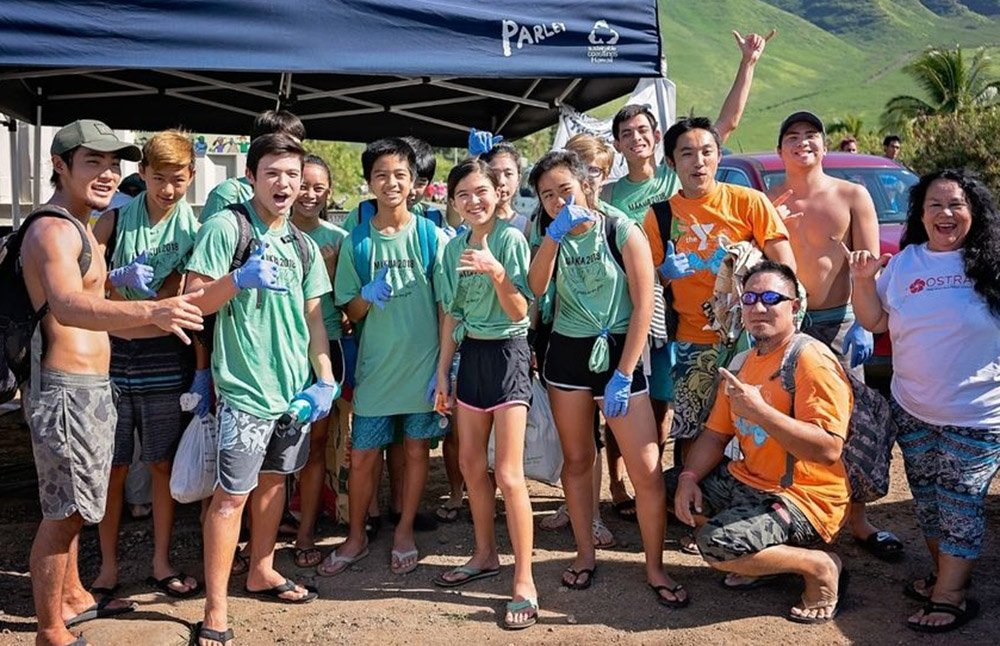
Protecting Hawaii’s Cultural Heritage
Hawaii’s cultural heritage is as rich and diverse as its natural environment. The islands are home to a long history of native traditions, customs, and sacred sites. However, the rapid pace of modernization and the influx of tourists threaten the preservation of this cultural legacy. Volunteering is an effective way for visitors to contribute to the protection of Hawaii’s cultural sites and traditions.
Many volunteer programs in Hawaii focus on restoring sacred sites, preserving native Hawaiian language, and maintaining traditional practices. For example, some programs involve the restoration of ancient temples, known as heiau, which are central to Hawaiian spirituality and culture. Others may engage in educational initiatives that teach visitors about sustainable agricultural practices and native Hawaiian customs.
By participating in these cultural preservation efforts, volunteers help maintain the authenticity of the islands, allowing future generations to experience Hawaii’s rich history. Moreover, these efforts promote mutual respect between visitors and local communities, encouraging tourists to learn and appreciate the significance of Hawaiian culture.
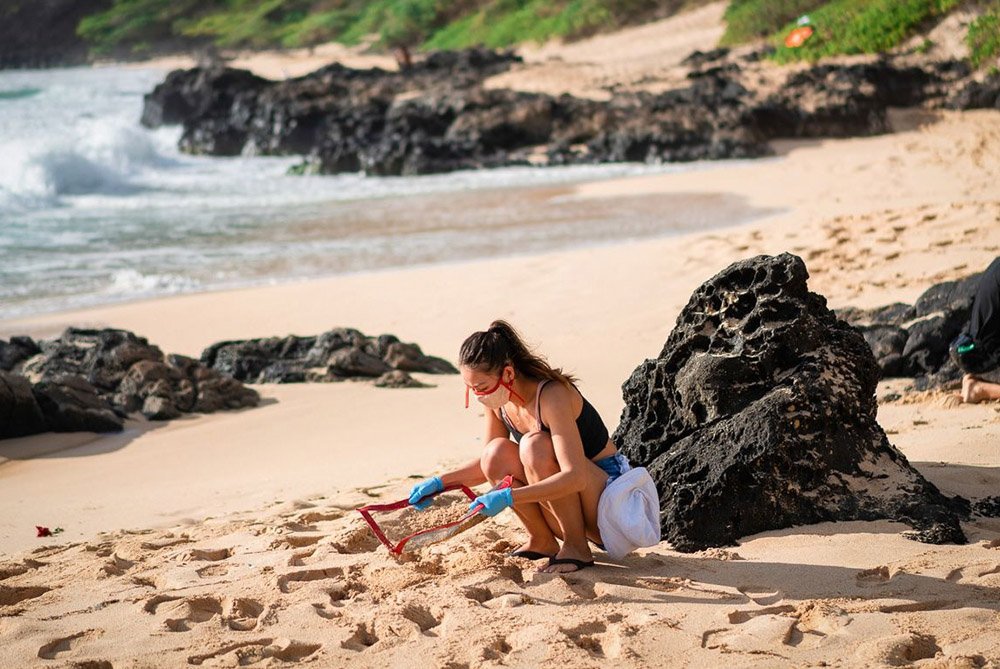
Volunteer Opportunities: How You Can Make a Difference
Hawaii offers several volunteer options for environmental and cultural preservation. Sustainable Coastlines Hawaii, the Pacific Whale Foundation, and local farmers provide several opportunities to help.
Volunteering helps Hawaii’s ecology and culture and lets tourists connect with the islands. Volunteers can meaningfully interact with the islands by planting coral fragments, removing invasive species, or restoring cultural sites.
Along with personal benefits, volunteering empowers small companies and promotes sustainability, which boosts the local economy. Volunteers help Hawaii remain a paradise for future generations by offering their time and energy.

Conclusion: A Shared Responsibility
Hawaii’s beauty and cultural richness are not guaranteed to last forever. The challenges posed by environmental degradation, tourism, and urbanization require concerted efforts from both residents and visitors alike. Volunteering offers a meaningful way to contribute to the preservation of the islands’ natural and cultural resources.
Through sustainable tourism practices, hands-on conservation work, and cultural preservation projects, volunteers can help ensure that Hawaii remains a vibrant and thriving place. By supporting local communities, protecting ecosystems, and celebrating native traditions, visitors have the opportunity to make a lasting positive impact on Hawaii’s future.
In this way, volunteering in Hawaii becomes more than just an activity—it becomes a powerful force for preserving the islands’ legacy, fostering mutual respect, and creating a future where Hawaii’s beauty and culture can be cherished for generations to come.

Frequently Asked Questions
How can I volunteer in Hawaii?
You can volunteer with local organizations such as Sustainable Coastlines Hawaii or the Pacific Whale Foundation.
What types of volunteer activities are available?
Volunteer opportunities include coral reef restoration, invasive species removal, and cultural site preservation.
Can tourists participate in volunteering?
Yes, tourists can join volunteer programs designed to help protect Hawaii’s environment and culture.
Why is volunteering important for Hawaii?
Volunteering helps protect Hawaii’s ecosystems, supports sustainable tourism, and preserves cultural heritage.

